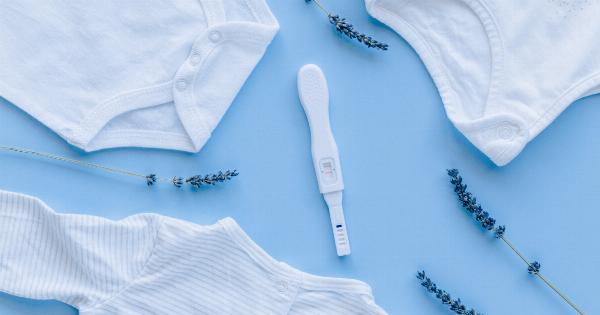IVF or in vitro fertilization is a popular form of assisted reproductive technology (ART). It is often recommended for couples struggling to conceive naturally.
IVF involves harvesting eggs from the woman’s ovaries, fertilizing them with sperm in a laboratory, and transferring the resulting embryo into the woman’s uterus.
IVF is a complex and expensive treatment that can involve many stages and procedures. One of the critical factors that affect the success of IVF treatment is the number of eggs retrieved. The more eggs retrieved, the higher the chances of success.
However, recent research suggests that IVF treatments that result in the retrieval of few eggs may increase the risk of miscarriage.
What is a Miscarriage?
A miscarriage is a spontaneous loss of pregnancy before the 20th week. Miscarriages are relatively common, occurring in approximately 10% to 20% of all pregnancies.
The causes of miscarriage can vary but often involve genetic or chromosomal abnormalities in the fetus. Miscarriages can be a traumatic and emotional experience for couples and can significantly affect their mental health.
How Many Eggs are Optimal for IVF?
The number of eggs retrieved is a critical factor in determining the success of IVF treatment. The optimal number of eggs depends on various factors such as the woman’s age, ovarian reserve, and the couple’s fertility history.
In general, younger women have a higher ovarian reserve and are likely to produce more eggs. However, as women age, their ovarian reserve declines, and the quality and quantity of their eggs decrease.
According to a study published in the Journal of Human Reproductive Sciences, women aged 30 or younger should aim for a minimum of 10 to 15 eggs. Women aged 31 to 35 should aim for 10 eggs, and those aged 36 to 37 should aim for eight eggs.
Women aged 38 and above are recommended to retrieve at least six eggs.
Why is a Fewer Number of Eggs Retrieved Associated with Increased Risk of Miscarriage?
The quality and quantity of eggs retrieved during an IVF cycle are critical for the success of the treatment. Recent research suggests that IVF cycles that result in a few eggs retrieved may be associated with an increased risk of miscarriage.
The reason for this is not entirely clear. However, it is suggested that the quality of the eggs may be compromised in cycles that result in a few eggs retrieved.
The quality of the eggs is essential for the success of IVF treatment. High-quality eggs are more likely to fertilize, implant, and result in a healthy pregnancy. Low-quality eggs may not fertilize or implant at all or result in a miscarriage.
When few eggs are retrieved during an IVF cycle, there is a higher chance that some of the eggs may be of low quality.
What Can be Done to Improve the Chances of Success in IVF Cycles with Few Eggs Retrieved?
IVF cycles that result in a few eggs retrieved can be challenging for couples attempting to conceive. However, there are several steps that can be taken to improve the chances of success:.
: 1. Consult with a Fertility Specialist
If you have had several IVF cycles that resulted in few eggs retrieved, it is essential to seek the advice of a fertility specialist.
A specialist can evaluate your fertility history and recommend treatment options that may increase your chances of success. They may suggest techniques that can improve the quality and quantity of your eggs.
: 2. Consider Donor Eggs
If your ovarian reserve is low, and you are unable to produce high-quality eggs, your doctor may recommend the use of donor eggs. Donor eggs are eggs retrieved from another woman who is generally younger and has a higher ovarian reserve.
The eggs are fertilized with your partner’s sperm in a laboratory, and resulting embryos are transferred to your uterus.
: 3. Try a Different IVF Protocol
There are several IVF protocols available, each with its benefits and success rates. If you have had unsuccessful IVF cycles that resulted in few eggs retrieved, your doctor may recommend trying a different protocol.
A different protocol may help stimulate your ovaries and increase the number of eggs retrieved.
: 4. Optimize Your Lifestyle
Several lifestyle factors can impact your fertility, such as smoking, alcohol consumption, and obesity.
If you are trying to conceive, it is essential to optimize your lifestyle by quitting smoking, reducing alcohol consumption, and maintaining a healthy weight. These changes can improve your hormonal balance and increase the chances of success in your IVF cycle.
In Conclusion
IVF is a complex and expensive treatment that can be emotionally and physically challenging for couples attempting to conceive. Recent research suggests that IVF cycles that result in few eggs retrieved may increase the risk of miscarriage.
Couples attempting IVF should seek the advice of a fertility specialist and consider undergoing evaluation to determine the most appropriate treatment options.































